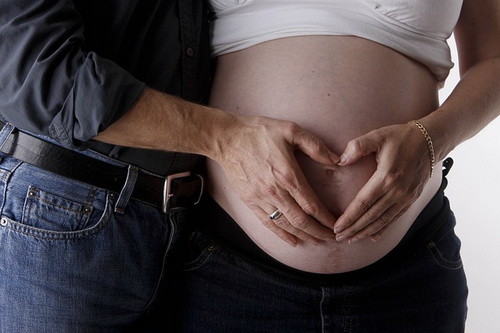On Thursday, March 24, Beijing People’s Congress revised its regulation on family planning and announced the following:
- Mothers are now entitled to a total of 128 days maternity leave—a 30 day increase from before. Depending on the organization, the maternity leave can be further extended by one to three months.
- Existing mothers birthing their second child can have up to 218 days maternity leave (a 1-3 month extension) with their employer’s consent
- Fathers are entitled to a 15-day paternity leave
- Re-married couples with one child from each of their marriages are allowed to have another child (so three in total)
- Parents of a child with disabilities are now allowed to have a third child
Note: Municipalities differ in benefits offered, meaning these announcements only affect Beijingers (a Chinese citizen would have to be registered in Beijing). Guangdong has 128 days of maternity leave, 15 days paternity leave. Shanghai offers 128 days of maternity leave, 10 days paternity leave. Shandong offers 60 days of maternity leave. Shenzhen offers 10 days paternity leave.
The recently passed law was drafted only after having collected more than 4,100 suggestions from the public, and reflects the needs and desires of local residents.
If these announcements are baffling to you, let’s look at how China has improved its family planning policies in recent years:
- 2015 – China ended one-child policy (in place since 1979) with the introduction of a two-child policy
- 2013 – China announced a conditional two-child policy where if one parent is a single child, then a couple can have two children
- 2012 – National maternity leave extended from 90 to 98 days
If you’re expecting, or just curious of your benefits, you might be interested in knowing the details of your maternity leave benefits:
- You are entitled to it only after one (1) year of employment
- You can start your maternity leave 15 days prior to birth (no earlier)
- You can extend your maternity leave by at least 15 days (by law) if there are complications or if you’re birthing more than one child, in which case you are entitled to an additional 15 days per child born (triplets = 30 days extra)
- Your 128-day maternity leave does not exclude weekends, federal or national holidays
- If you are registered with the Social Security Bureau (SSB), then instead of a salary, you would be paid a maternity allowance, and would be an average of either your salary from the past 12 months, or an average of all employee salaries from the past 12 months—whichever is higher. It gets complicated when we look at Tier-1 cities, such as Beijing, since the SSB will not pay more than three times the local average salary (2013 Beijing average salary was RMB 5,793×3=17,379), requiring the employer to cover the difference.
- If you are not registered with the SSB, then your employer will continue to pay your salary while you are on maternity leave.
- You cannot be terminated while pregnant or on maternity leave—it’s illegal!
- If you’re on a fixed-term contract and become pregnant, your contract will automatically be extended.
In addition to the maternity leave, upon returning to the office, mothers are entitled to “breast-feeding leave”, which encourages working mothers to nurse their children for at least a year. This means:
- Mothers are allowed 1-hour of nursing/pumping break per day
- Companies will often encourage mothers to put the hour towards their vacations and have mothers work full, eight-hour days instead.
Finally, there is also a leave in place for women who have an abortion or a miscarriage:
- 15+ days of maternity leave if the pregnancy lasted less than four months
- 42+ days of maternity leave if the pregnancy lasted longer than four months
Source: The Nanfang, China Daily, China Briefing, CRI
Photo: Pixabay




